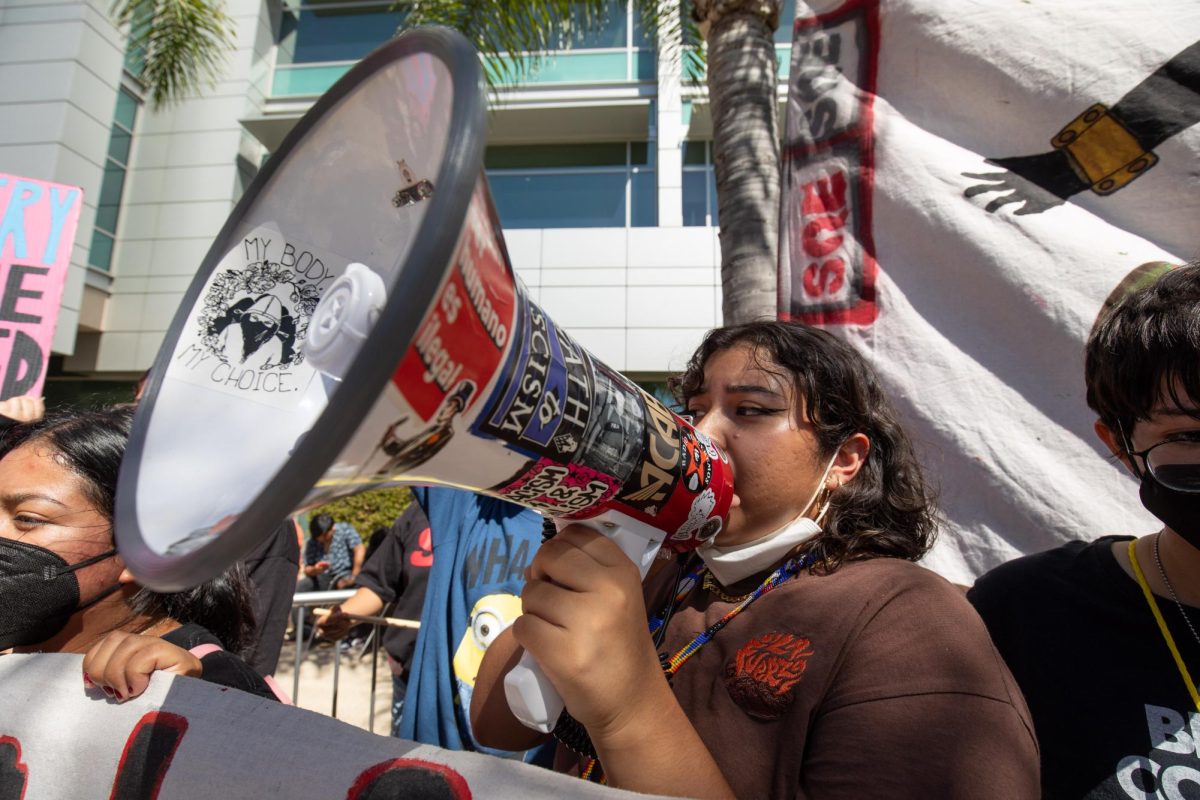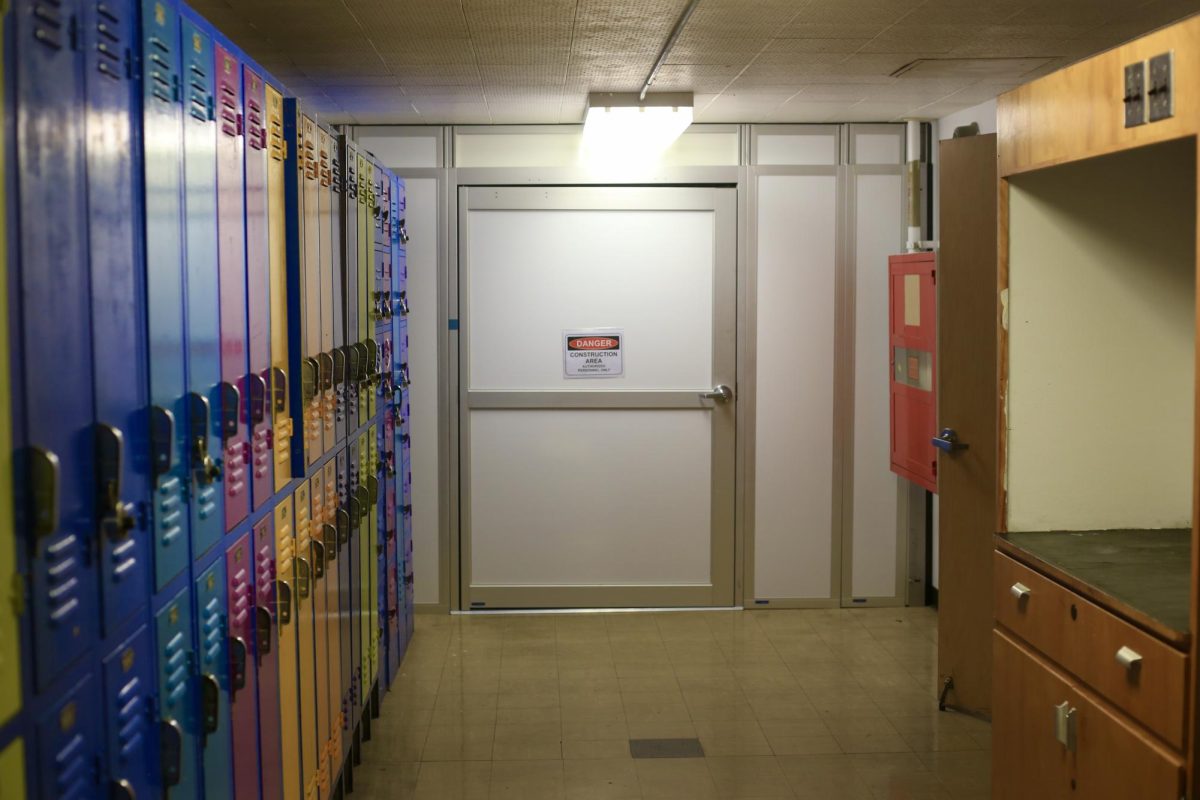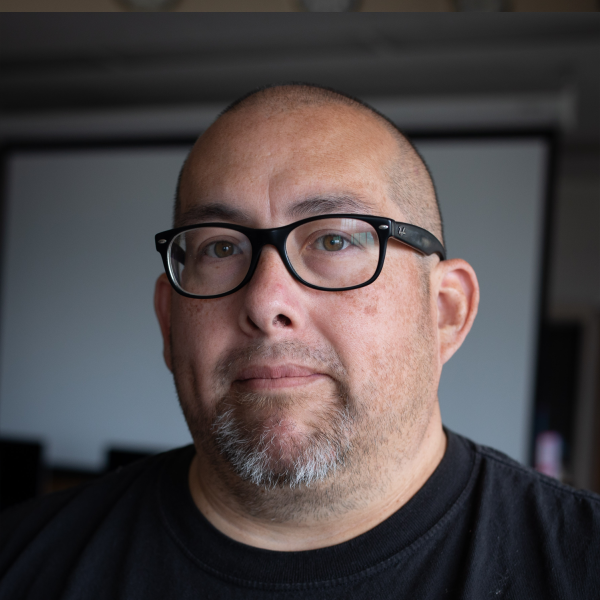CSU students are not the only ones who oppose tuition increases. Members of the California Faculty Association stood with students at a rally held by Students for Quality Education (SQE) on Sept. 6 to educate the Cal State LA community about the annual 6% tuition increase proposal.
“This is a crisis of racial capitalism,” said Leda Ramos, a professor of Chicano studies. “This is a crisis where people of color – Black, Indigenous, Latinx, Asian – all students on campus are being forced to decide whether they’re going to have food, or they’re going to go to school.”
The tuition increase will “help bring stability to the university’s budget,” according to the California State University (CSU) Board of Trustees. The tuition increase will begin in the 2024-2025 academic year and end in the 2028-2029 academic year.
The increased tuition revenue will be used to fund the State University Grant Program, Title IX implementations, infrastructure repairs, and more, according to the CSU website.
By the 2028-2029 school year, students will be paying almost $2,000 more than the current academic year.
“I feel like there are funds available to help support the students and their needs. We do not need to do that by raising tuition,” said Phung Huynh, an assistant professor in the art department.
In fall 2022, former President William Covino received a 29% raise in his salary despite announcing he would retire that same school year. That same year, the CSU approved a 7% raise for all presidents, according to EdSource.
CSU community members joined together on Sept.12 at the CSU Office of the Chancellor in Long Beach to protest the annual 6% tuition increase proposal that passed Sept. 13.
Despites the protests, board members passed the proposal at the meeting.
“You should be ashamed if you’re even considering this disgraceful tuition increase. It will directly harm students like me who rely on CSU as an affordable option for higher education,” said Emily Rob, a leader for Students for Quality Education at Cal State LA during the meeting.
According to the CSU, the proposal will affect 40% of students as the rest will qualify for grants, scholarships, waivers, and non-load aid to cover tuition.
The CSU system “initially was created as a free university intended to give the best quality education to everyone in California,” said Juan Lamata, an assistant professor in the English department at Cal State LA. “I don’t believe that the Board of Trustees and the people who run the CSU are being true to that mission. They want to increase tuition; it’s going to change the character of this university. They’re increasing tuition and making the working conditions for faculty and staff worse.”
Lamata pointed out that lecturers at Cal State LA had a big wage gap when compared to the pay of CSU chancellors.
“It has been shown that the chancellors of the CSU receive more in their car stipend than a full-time lecturer at Cal State LA so somebody teaching five classes is getting paid less than their salary over a year than the chancellors does,” he said.
Lecturers make less per month than CSU chancellors receive in housing and car allowances, according to Jacobin, a website that offers a socialist perspective on issues.
Lamata called for faculty, staff and students to work together to fight against the tuition increase.
“It’s going to change the future of California; it’s going to change the future of who can attend this university,” he said. “It’s a threat to transform this university and make it into a different kind of institution that would serve different people. I think it’s absolutely imperative for faculty, for staff, for workers at these universities to work alongside students, because we’re all fighting for the same thing.”
ASI President Yahir Flores spoke at the SQE rally he’s staunchly opposed as well, sharing how the tuition increase would personally affect him.
“My personal stance is against this proposal, as a first-generation undocumented immigrant who has to pay out of pocket for tuition,” Flores said. “I am not eligible to work, so I have to do my side hustles, balloon decorating. I’m a street vendor. They [CSU Board of Trustees] don’t really feel the impact. They don’t come from the same background that we do, that first-gen students do, that students from Cal State LA go through.”
Flores said that there was a disconnect between students and the members on the Board of Trustees due to background differences.
“A lot of the Board of Trustees members don’t come from higher education, some are running corporations, or don’t understand the generation today and the struggles that come along with,” he said. “So, to them, it just seems like there are alternatives for students: get more hours of work, find another job. They don’t really understand the impact it has on our well-being or mental health and the impact that will have, you know, for the future generations of students who are going to be enrolling in the CSU.”
Find more news about the CSU and tuition increase here.










